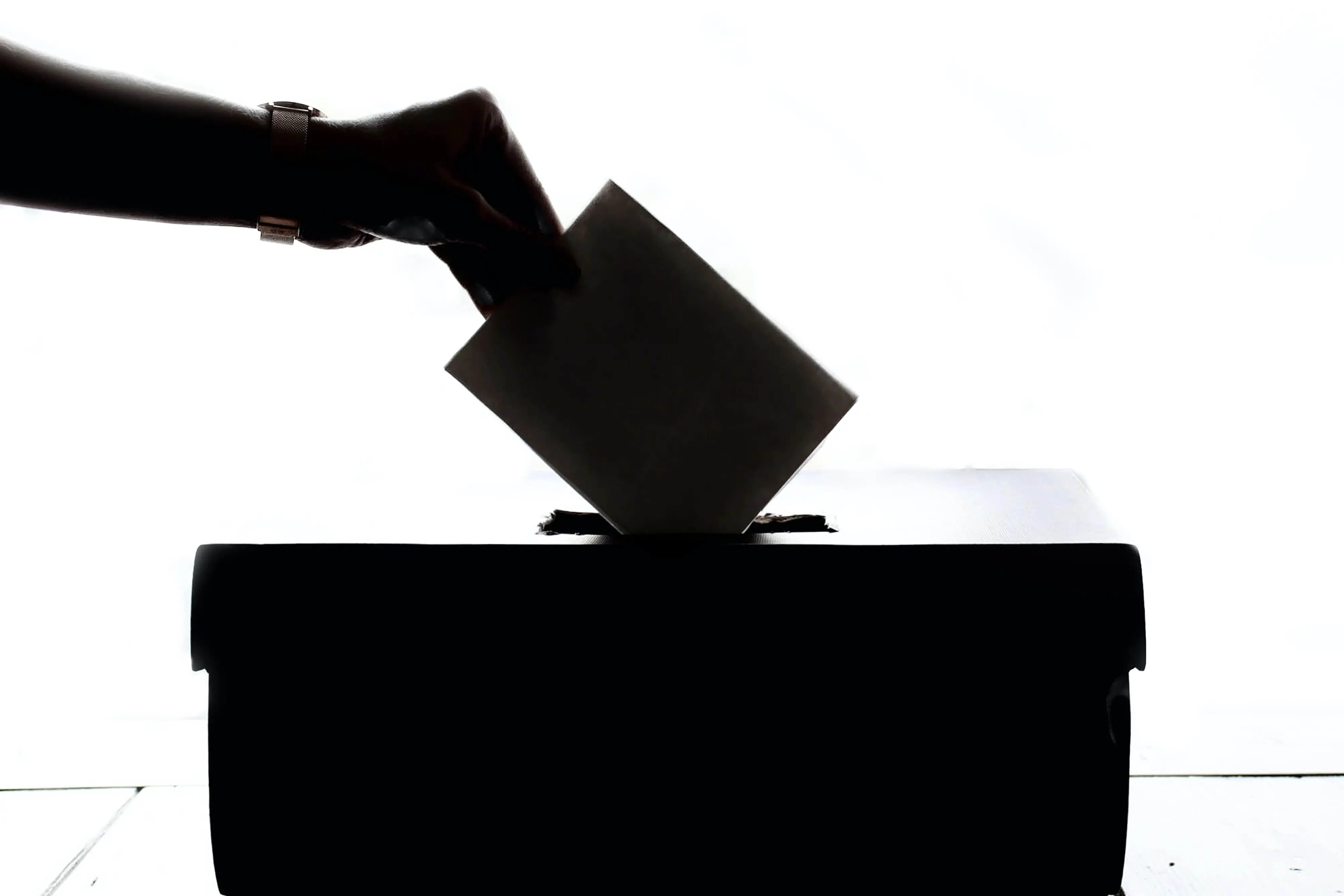Democratic political systems govern systems where the one’s ruling is considered responsible for their actions in the public domain by the citizens. The citizens are represented by elected representatives that act through competition and cooperation. In this system, citizens influence the politics of a country. Non-democracies are those systems where there is a representative organization where periodical elections occur without referencing political parties. The two systems have similarities and differences. In non-democracies political parties, only a group of people have the political power of a country. Issues such as the separation of powers of different institutions, the work of the press, information and opinion of the public, groups of interests, and the nature of elections, the influential group, and ideologies are used to differentiate systems. Also, the exposure of the Watergate scandal view of politics, how democracy works, and what ensures that democracy works.
One of the differences between democracy and a non-democracy system is the separation of powers. In democratic systems, power is distributed between the legislature, executive, and judiciary. Therefore, the distribution of power ensures balance in the use of power and ensures that there is no misuse of power (Schmitter & Terry,103-104). The legislature controls and makes powers. The executive carries out the administrative role while the judiciary takes care of making the legal decisions and judgments. The executive acts on the laws and judges the laws. Therefore, corruption of powers is difficult to happen as power is not held by one party but in three forms. However, in non-democratic systems, there is a monopoly in the hold of power as there is no distribution of power. The presence of power in the system encourages corruption, abuse of power, and looking out for the rulers’ interests are found in this system. Therefore, the state’s citizens do not have control or power over the rulers in a non-democratic system. The rulers are also not limited by any laws since they set the laws to fit their needs.
Secondly, the role of the press is different in both systems. According to Schmitter and Terry (1991), in a democratic system, the press acts as investigators and reports how the government runs its activities. The press points out the mistakes and the decisions of the democratic system. Citizens can also express their views and opinions on how the government runs its activities and where improvements are needed. Although this is the case, the press has protection hence delivers the news freely. In non-democratic systems, the press is used as a tool for the government and only presents what fits the government, propagandas of the government, which ensures that the existing powers maintain control over citizens. If journalists oppose the rules of the system, they are intimidated and suppressed by the state agents. There is no freedom of information in a non-democratic system, and only what the state passes is practiced by the citizens. Citizens do not have the freedom to express themselves. In countries with a non-democratic system of ruling, the citizens are limited to using social media and the internet. The ruler has options to locate social media accounts to prevent the spread of information to the public. The non-democratic systems limit the freedom of the press to prevent rebellion from the citizens. In democratic systems, the public is free to use and spread information without opposition from the government.
Thirdly, public opinion is an essential factor in how a government operates. Public opinion in a democratic system is has a vital role in the running of the government. People are given platforms to express their opinions and participate in essential activities such as elections in a country. The public may express their opinions through polls, where the polls are conducted by the government freely and fairly. Schimitter and Terry (1991) state that every citizen has a right to their own opinion and is not forced by the system to take up certain opinions. In case of irregularities in the polls, the process is repeated. Although the public believes, the results may be corrupt due to personal interests such as finances. In a non-democratic system, the public is not free to express their opinions in a case where the public rebel against the ruling power to express their opinions. They are punished and mistreated by those in power using control over the police and state agents.
In democratic systems, interest groups freely operate. Gilens and Benjamin (2014) state that interest groups may differ in terms of the activities relating to the general public or the politicians. In non-democracy systems, the interest groups operate mainly around the ruler; hence any group activities are directed by the officials of the ruling government. The ruling system is primarily where the ruling system is located, and a stated political culture impacts the importance of the interest groups. The nature of elections majors in the differences wherein a non-democratic system, although elections are held, the ruling party may vie alone as other competitors are jailed or are not allowed to vie against the ruling party (Gilens & Benjamin, 2014). The ruling party in most non-democratic systems does not allow changes in the constitution as they have laws that protect their interest of regaining and retaining their power. Although the nature of the election in non-democratic systems is not fair, the system carries elections that appear to be free and fair to the public. In democratic systems, the nature of the election is such that the elections are held regularly. Citizens decide which rulers will rule, the citizens do not elect a one-time life president, and the seats’ candidates go back to ask the citizens for their votes by presenting their agendas.
The group that holds power determines whether the system of a state is democratic or non-democratic. In a non-democratic system, power lies with the ruling party, which dictates how and when things are done. Non-democratic forms of government may be authoritarianism, where the government uses political parties and organizations to influence the public; hence the government has the power. Totalitarianism is a group where the government has power over all aspects of the public, both politically, economically, and socially. Dictatorship is where power lies with an individual who rules without any restrictions from the law or constitution.
On the other hand, power in a democratic system is held by the public or representatives. In a direct democracy, power is in the hand of the citizens who vote for both the representatives and the policy’s initiative directly without representation. In a representative democracy, citizens elect representatives, but the representatives represent the needs of citizens to the government; hence power lies with the representatives and the system.
In every system, there are attempts of justifying and supporting the activities going on. In the non-democratic system, the system gives narrations on the righteousness of the political power about nationalism, religion, and societal models. Nationalism narratives stress the specialty of the state versus other states. The democratic system bases on the ideology of liberal democracy. Liberal democracy is a form of political ideology where representative democracy runs on liberalism principles (Wilkerson, 2020). Liberal democracy characterizes elections involving different political parties, distribution of power in the branches of the government, equal protection of human rights for all people, a market economy where there are existing private properties, and observation of the rule of law. Liberal democracy draws its laws from the constitution.
The Watergate scandal happened on July 17, 1972, where there were arrests in the Democratic National Committee offices. The arrests consisted of people who were related to the reelection campaign of President Richard Nixon. The arrest was due to the break-in in the offices where phones were tapped and documents stolen by the arrested (Bernstein & Bob, 1999). After the arrest, President Nixon tried covering up the mess, but when reporters Bob Woodward and Carl Bernstein busted the president’s role in the break, this led to the president resigning. According to Bernstein and Bob (19990), the scandal shows that politics is a dirty game, and citizens should be careful about who and how they decide who they are choosing. The scandal made Americans question how their leaders carried out their roles, and the Americans now thought more about the presidency (Bernstein & Bob, 1999). The scandal opens the eyes of the Americans as they learn of the importance of practicing their democratic rights of voting for the person they think will honestly lead them. There would also be democratic reforms to ensure such scandal does not happen again.
There are lists of procedures that help ensure that democracy works. These procedures are the principles that aid in the working of democracy. For democracy to work, representatives must pass that the winners of elections will not suppress the losers from vying in the future. The representatives also agree that the losers respect the results of the elections and respect the winner’s right in making decisions that bind a state. Democracy employs standard limited political uncertainty that includes privacy, property, and expression. Although the boundary works, the effective boundary comes from the healthy competition among interest groups and cooperation in a civil society. Active participation in the political and civic life of citizens of a country also ensures that the democracy of a state works. Protection and upholding human rights and ensuring that every procedure equally applies to every citizen help make democracy work. The rule of law without favoritism must stand for democracy to work. Democracy works when every part of the system must stick to its powers and prevent the misuse of powers within the different levels of the system, for instance, the judiciary, executive, and the legislature.
Works Cited
Bernstein, Carl, and Bob Woodward. All the President’s Men. Simon & Schuster, 1999.
Gilens, Martin, and Benjamin I. Page. “Testing Theories of American Politics: Elites, Interest Groups, and Average Citizens.” Perspectives on Politics, vol. 12, no. 3, 2014, pp. 564-581.
Schmitter, Philippe C., and Terry L. Karl. “What Democracy Is. . . and Is Not.” Journal of Democracy, vol. 2, no. 3, 1991, pp. 75-88.
Wilkerson, Isabel. Caste: The Origins of Our Discontents. Penguin Random House, 2020.









